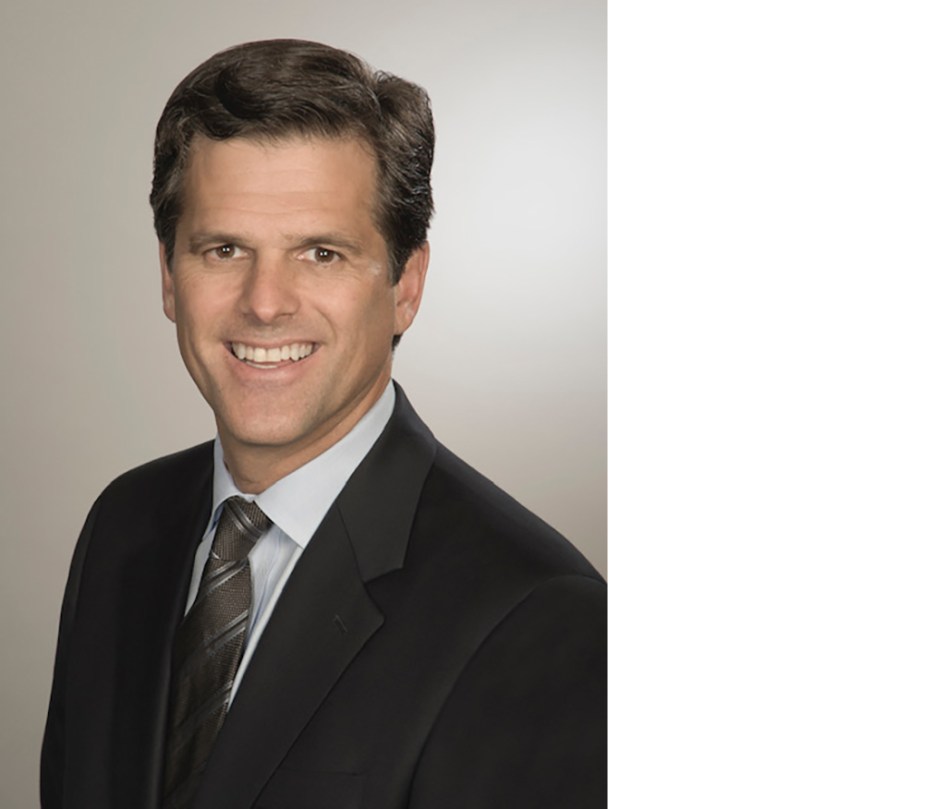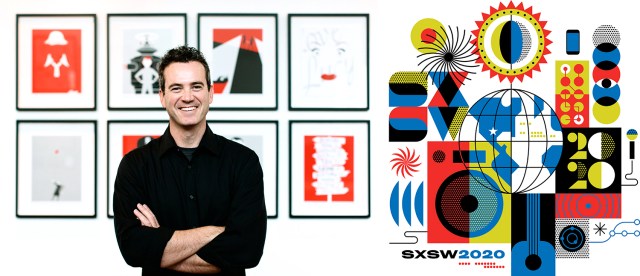The son of Special Olympics founder Eunice Kennedy Shriver and nephew of Robert, Edward, and John F. Kennedy, Tim Shriver became the chair of Special Olympics International in 2003. And like many in his famous family, he is not scared to speak out against injustice and prejudice.
“We’re trying to communicate that the most urgent challenge facing the world today is attitudes of division and fear of difference. Full stop,” Shriver said in a recent phone interview.
“We’ve gone from being a charity to being an empowerment organization.”
The 59-year-old is not a politician, but he is definitely a public servant, having spent much of his adult life studying education and pushing for the rights of the marginalized, and having received numerous accolades and board appointments for his human-rights advocacy. At Special Olympics, he and the countless others who work with him are targeting discrimination and division.
“We think there’s a lot of other problems in the world, but … as the earth gets smaller and we get closer together, that fear of difference — what I call ‘attitudes of mass destruction,’ the attitude that we’re too different to be able get along, that we have to destroy others who are different from us — that’s the most dangerous problem on Earth,” Shriver proclaimed.
When he speaks at SXSW EDU in March, he naturally wants to convey how Special Olympics has grown and changed over the past half century. Going back to its origins in the early 1960s as a summer camp for intellectually disabled young people in the Shrivers’ Maryland backyard, the organization today engages more than eight million people in more than 172 countries, Shriver estimates.
“I like to say we’ve gone from being an event to being a movement,” he added. “We’ve gone from being a charity to being an empowerment organization.”
He also pointed out that Special Olympics is now the world’s largest school-based social inclusion movement, and its largest public health program and sports organization for people with intellectual disabilities. “And, we will soon be the largest early-childhood intervention support system for children with intellectual disabilities and their families in the world,” he said.




